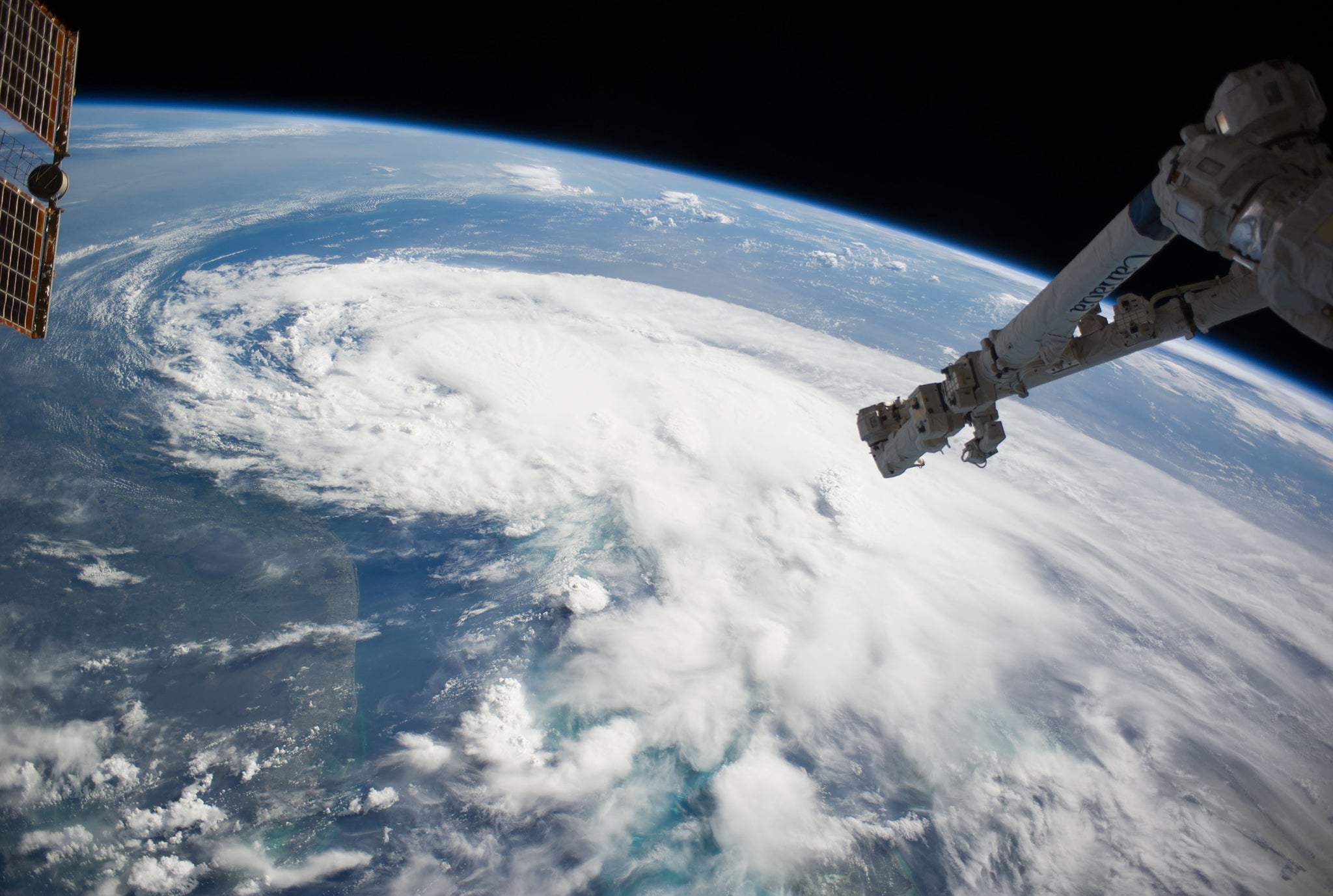Thanks to government investment, commercial space travel is becoming a reality
Governments are always at their best when they meet national needs while helping grow industrial capacity

Your support helps us to tell the story
From reproductive rights to climate change to Big Tech, The Independent is on the ground when the story is developing. Whether it's investigating the financials of Elon Musk's pro-Trump PAC or producing our latest documentary, 'The A Word', which shines a light on the American women fighting for reproductive rights, we know how important it is to parse out the facts from the messaging.
At such a critical moment in US history, we need reporters on the ground. Your donation allows us to keep sending journalists to speak to both sides of the story.
The Independent is trusted by Americans across the entire political spectrum. And unlike many other quality news outlets, we choose not to lock Americans out of our reporting and analysis with paywalls. We believe quality journalism should be available to everyone, paid for by those who can afford it.
Your support makes all the difference.This past May, I was part of a Virgin Disruptors panel called “Have entrepreneurs lost the will to innovate?” Among many threads was the question of the role of governments in innovation. Are they a hindrance or do they encourage innovation?
While I’ve had my share of battles with governments, I recognize that they have paved the way in critical areas such as space exploration.
Five decades after the first human went to space, we are in the midst of a commercial space revolution. Private companies have proved there is a market for commercial space travel: for example, Virgin Galactic have signed up more future astronauts than the total of people who have ever gone to space. This technology will benefit broader societal applications. At Galactic we will also send up NASA experiments, while making it significantly cheaper for researchers to access space and for companies to launch low-cost satellites. Those experiments and satellites will both help us explore the unknown and improve life here on Earth.
It all started with government investing in an untested field, then partnering with commercial companies for advancement and commercial applications. This is what’s happening with the announcement that NASA will contract with the private sector to send its astronauts to low-earth orbit. In a few years, American spaceflight to the International Space Station will be the province of private firms, freeing NASA to focus on technologies and on human exploration of the Moon and Mars. This is government at its best – meeting national needs while helping pave the way toward new markets and growing industrial capacity.
Many astronauts experience the ‘overview effect’: a new relationship with earth and humanity, after seeing our planet without borders. It is important that countries continue to collaborate in space exploration, and it’s equally exciting for governments to help catalyse the growth of commercial ventures and work with us to broaden access to space.
Join our commenting forum
Join thought-provoking conversations, follow other Independent readers and see their replies
Comments